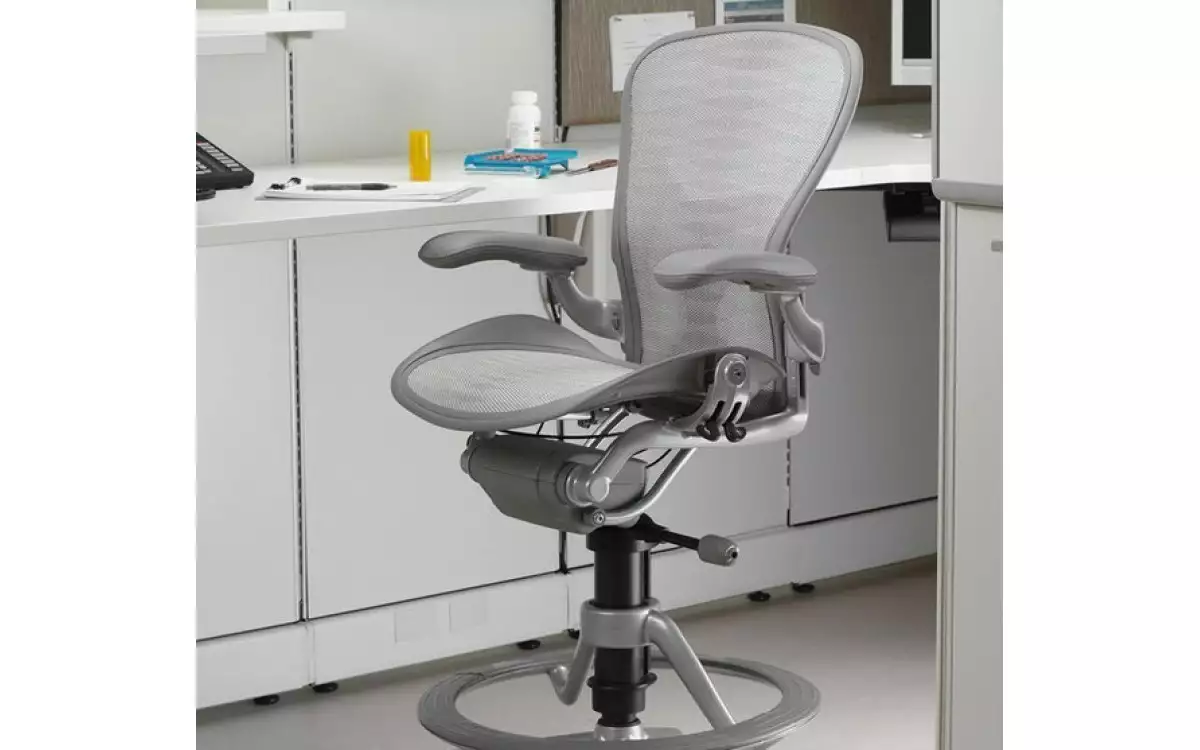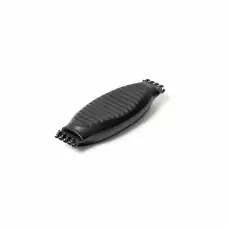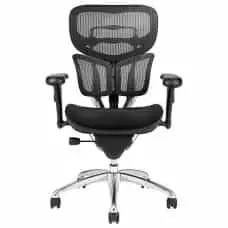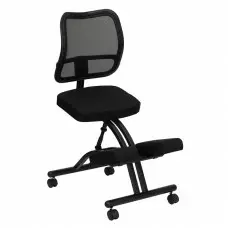Can you give a quick overview of what you do professionally and why you do it? What do you find most meaningful about your work?
Tracey: The simplest way for me to describe what I do is "FAMILY CAREGIVER ADVOCATE." I was compelled to do this work when I survived caring for two parents who succumbed to dementia. I was fortunate, because my parents did a lot of smart things before they got sick. It was still extremely challenging, and complex, because there are so few comprehensive resources available, and most people who fall into caregiving don't plan for it. The emotional impact of caregiving cannot be overstated.
It’s also important to note that roughly 50% of family caregivers of people with dementia die before the person they are caring for. I beat the odds twice.
That's why I committed to getting my book published. "Dementia Sucks: A Caregiver's Journey - With Lessons Learned" is my perspective on caregiving my mother, who developed Alzheimer's disease about 5 years after the death of my father, who had vascular dementia. Revealing how our situation unfolded, with humor and compassion, I wanted to give the world a more human and personal view of the process, to encourage them to be more proactive in dealing with their own families.
It's human nature to deny there's a problem until we can no longer maintain the illusion that all is well. And then we procrastinate. And then we're in crisis.
So I use the immense skill set I had acquired for my family situation in order to help people who are about to get sucked into the caregiving vortex. When I am able to rescue people in pain and show them better ways to cope with their situations, it's gratifying.
Today, there are millions of people who are caring for loved ones at home as they work at demanding careers. By partnering with the companies that employ them, I can enable businesses to attract and retain these valuable people by providing education, resources and support, enabling greater productivity in their private lives and on the job.
How important do you believe company culture is to an organization’s success? Without naming the companies, can you give examples of good cultures you have worked in and bad cultures you have worked in and how they have led to positive and negative results respectively?
Tracey: Company culture is the key to success. I have worked for (and with) companies that treat people as disposable commodities. Those companies didn't last. The strongest companies treat their employees with respect and encourage team work. They regard training as an essential part of doing business. They understand that if they take proper care of their staff and make them feel valued, their clients will receive higher quality service and enjoy greater satisfaction as a result. Turnover is low and retention is high.
What is the company that you have worked for or with that you believe has the best culture and why? What can other companies do to emulate their success?
Tracey: I worked for one large company that implemented a benefits administration team. While the culture at that company was far from perfect, having access to the employee assistance arm was valuable when I was in the midst of caring for my mother. I had to take time off to be with her as she declined. I had no idea that there was a Family Leave Act or Family Leave benefits offered by the state of New Jersey until I called the number I was given by my manager. Being able to take Family Leave from my job and apply for and receive benefits from the state of New Jersey was important. I had a lot of paperwork to do, but at least I understood the benefits and how to utilize them.
Companies who have 50 employees (and now 30 in the state of NJ) MUST allow employees 12 weeks of unpaid leave each year without jeopardizing their positions. The vast majority of companies don't discuss this requirement with staff. In many cases, they would prefer that people not take the time unless absolutely necessary. But if employees understand their rights and are encouraged to take the time to which they are entitled, the companies would benefit in the long term.
Family caregivers who receive no support often leave their positions without notice. Whether it's a loved one in crisis that demands all of their attention, or an illness of their own, support from their employer could have prevented their sudden unexplained disappearance. This kind of turnover is expensive. Finding new hires to take the place of the lost people takes time, money and training. Individuals with dedication and knowledge are very difficult to replace. Having rested, well-trained and loyal staff members is an investment that pays off exponentially.
What is the company that you have never worked for or with but believe has the best culture? What are about that company’s culture do you admire from afar?
Tracey: Deloitte is a rock star company. Their provision of 16 weeks PAID family leave shows great compassion and leadership. Their size, policy of inclusion, collaboration and performance set a standard few others can begin to emulate.
Describe your office environment and how it relates to your company culture. Give us a feel for your office design to the intangibles.
Tracey: I am a one-person company. I have an ergonomic space that enables me to be efficient and comfortable. My computer announces the time on the hour so I am reminded to take breaks. I hired an organizer three years ago to create a more healthful and productive environment. I believe in teaming with other professionals to achieve the best results for myself and my clients.
My furniture is old but highly functional. I value function over appearance every time. But if something is also attractive, I'll lean in that direction. I work out of my home, which is lovely and relaxing.
What do you believe are the key elements to creating and maintaining an uplifting office environment?
Tracey: The tone of an office comes from the top. If senior management treats employees with respect and values them, it's obvious to all who work or visit.
What does ergonomics mean to you? How has your knowledge of ergonomics impacted your work?
Tracey: It means designing a space that supports healthy habits. Several years ago, I was working on my Masters degree. I often worked from home, and the projects I was engaged with were created with computers. One course I took, in 3D modeling, was extremely challenging for me. My final project as very complex, and I spent a lot of time making it as perfect as I could.
The day before the final, I spent over 15 hours at my machine, moving little and focused on minute changes. When I completed the project, I brought it to school to present to my class. My teacher was impressed with my work and I got an "A." But the upshot was, I developed a serious lower back condition that landed me at my doctor and chiropractor for the entire summer.
I hurt myself really badly. I couldn't sleep in my bed or sit in a soft chair. I required therapy, opioids and careful exercise. I was in my 40s when this happened. I ultimately recovered, but I learned the hard way that people need to take regular breaks, move and stretch. These are important routines that I practice daily and reflect my attitude about good ergonomics combined with smart work habits.
How do you buy office furniture? Do you buy furniture online? When do you decide to buy?
Tracey: It depends. I usually start online, just to see what features are popular and pertinent. But I like to go into a brick and mortar store to look at and try out items, especially if they're used.
I also like to support local businesses and talk to the reps about my specific needs whenever possible.
What office chair do you sit in and why? What specific features about your office chair do you appreciate and enjoy? And how would you weigh the relative importance of comfort, posture support, design, cost and other variables?
Tracey: I have a very good adjustable ergonomic chair I bought many years ago at an office supply store. It has really nice lumbar support, it adjusts easily and it rolls. When an item is well-built, it lasts. If my current chair wasn't supportive and comfortable, I would absolutely buy a new one.
I use three computers, and each has a different purpose. I have them arranged ergonomically and use them for maximum productivity.
What is your best advice on maximizing productivity in the office?
Tracey: If your office isn't comfortable, change it. The layout I currently enjoy makes me much more efficient than I used to be. Having the right desk, cabinets and storage can make all the difference. A scanner I bought a couple of years ago was a life-changing purchase.
If you're noticing a difficulty, take the time to step back and research solutions. Often, time spent researching the right tools and money spent on those tools are a great investment in your business and yourself.
What is your best advice on effectively managing others?
Tracey: Lead by example. If you wouldn't do something yourself, how can you ask someone else to do it?
What workplace trends do you see on the horizon? Leave us with three things we should be on the lookout for.
Tracey: Family Caregiving Friendly Workplace policies must be established. These include:
- regular meetings that educate employees regarding the benefits they have and how to use them;
- encouraging disclosure of difficulties at home without penalty so those engaged in caregiving can be connected the resources and support they need
- provision of resource lists and connections to services and professionals who can assist family caregivers in their time of need. Also, look for more cutting-edge benefits like on-site day care for children and aging adult loved ones. Encouragement of cross-training and teams will also go a long way toward keeping companies productive in the face of employees taking leave, which can't always be scheduled.
Millions of people are aging, living longer and will require assistance from their adult children. Those adult children are the workforce, and their needs must be acknowledged and supported for a thriving economy.
Anyone interested in learning more about me, my book, or my services can find me at http://traceyslawrence.com or http://dementiasucks.com. Thanks!









